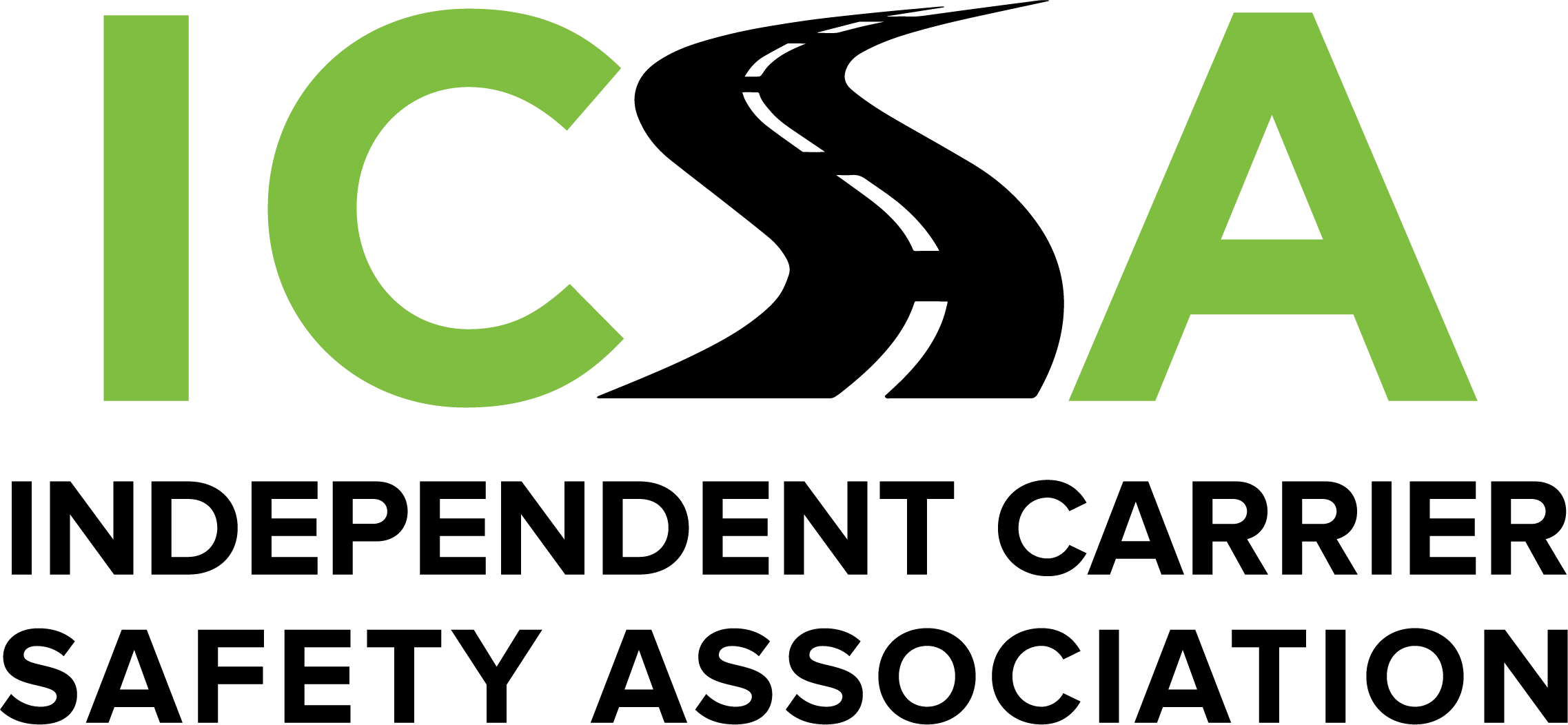Presumably, most everyone in trucking knows that Assembly Bill 5 changes the world of the independent contractor in California, yet there are still more questions than answers. AB 5 changes the designation of independent contractors, commonly called owner-operators in the trucking world. While originally scheduled to go into effect January 2020, the law was not being enforced while a lawsuit filed by the California Trucking Association (CTA) made its way through the courts and on up to the U.S. Supreme Court. At the end of June 2022, the Supreme Court refused to hear the case and the stay was lifted, allowing California to begin enforcing the law, which applies to any work performed since January 2020.
Now that AB 5 has gone into effect in California, what does it actually do? The law requires workers to be classified as employees if they do not satisfy all three prongs of a so-called “ABC” test:
- A. The worker is free from the control of the employer.
- B. The worker performs work of a different type than the employer.
- C. The trade that the worker performs is customarily an independent trade.
Obviously, the second prong is very difficult for owner-operators to meet and threatens the entire owner-operator model in the trucking industry.
While the law is currently being enforced, there are a few things that you should be aware of. First, as with many bad ideas that originate in California, other states have either used this “ABC” test or are considering adding it to their laws.
Second, this law is impacting the industry in a way that most in the industry don’t want. The American Transportation Research Institute (ATRI) recently surveyed owner-operators and independent contractors and found that almost 90% of them are either satisfied or very satisfied with their independence and their ability to set hours. Over 80% were either satisfied or very satisfied with their schedule and flexibility, choice of routes and length of haul, and, vitally, their income.
Third, we don’t know much about the overall impact of this law and won’t for many years as enforcement begins and cases wind their way through the courts challenging the law and determining how it will be enforced.
If you are operating as an independent contractor in California and this law affects you and your business, there are steps you can take to protect yourself. First, we recommend consulting with competent legal counsel. In fact, ICSA members have access to a U.S. Legal membership, a great resource to get trucking specific legal assistance. A word of caution – some unscrupulous companies have begun targeting trucking companies offering to fix any AB 5 problems they may have. Be very leery of those claims. There is no quick fix and no easy answer when it comes to the status of an independent contractor in California. Remember that any actions taken will have repercussions. Any fix is like a pebble in the water with ripple effects that must be considered.
ICSA is actively engaged in this issue and will keep you informed as the status of AB 5 evolves. If you have specific questions, don’t hesitate to contact me (shawn.nelson@safecarriers.org) and I will do my best to answer them or to point you in the right direction.


